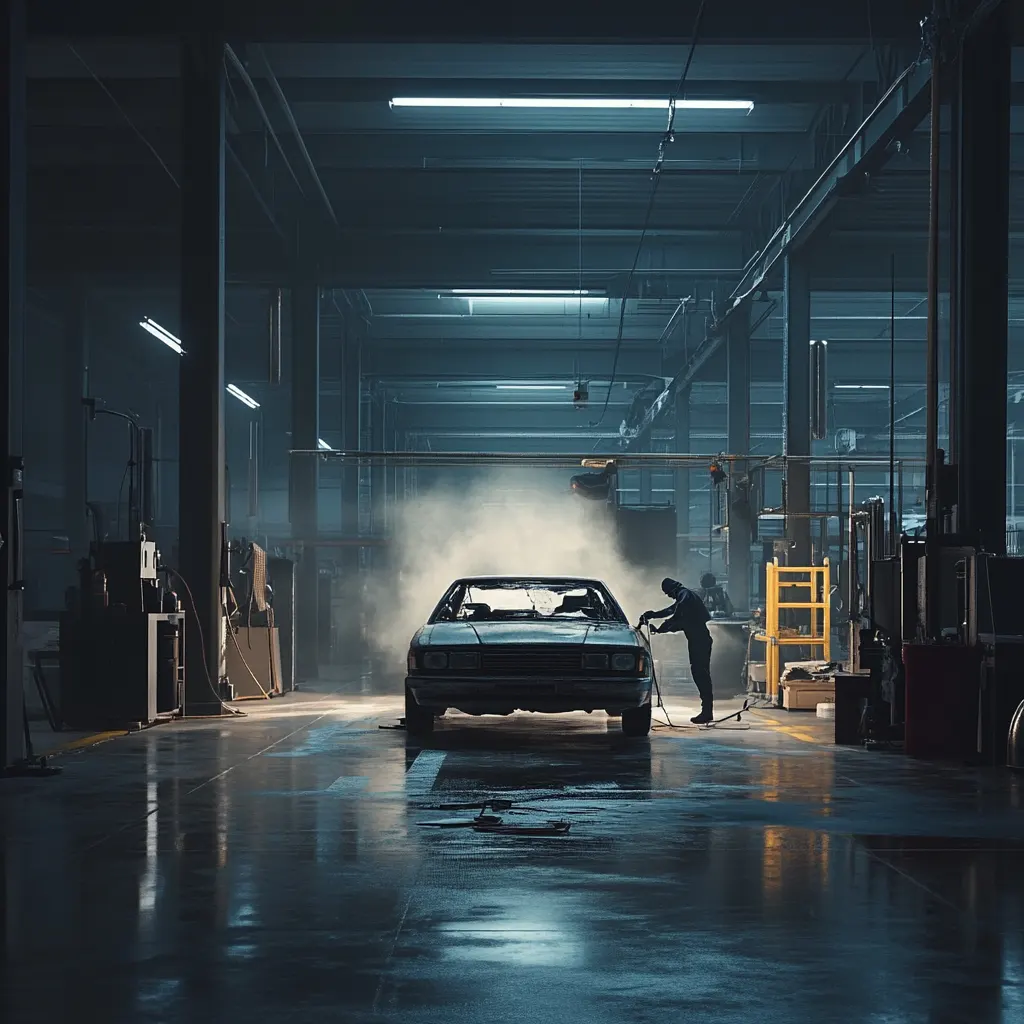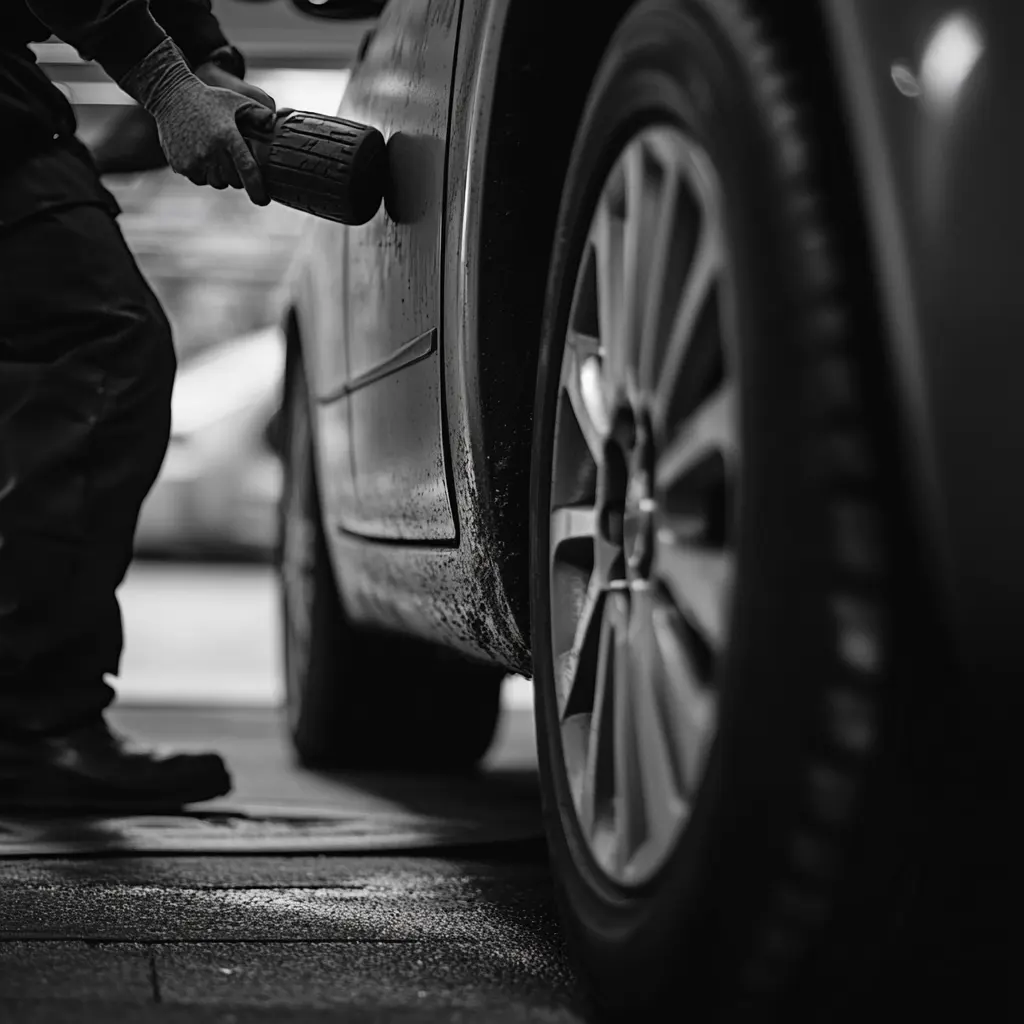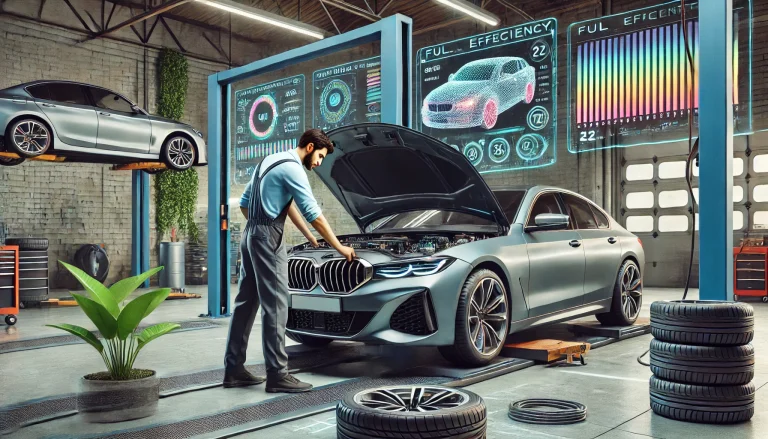Regular vehicle maintenance is crucial for ensuring safety, prolonging the lifespan of your car, and maintaining its performance. Skipping regular check-ups can lead to mechanical failures that could have been easily avoided. By avoiding potential issues, you save money on costly repairs while ensuring your car runs efficiently. Understanding your legal rights is also important for those involved in accidents due to mechanical issues. A car accident lawyer atlanta can help navigate such situations.
Safety Concerns
A well-maintained vehicle is a safer vehicle. Regular maintenance helps to identify issues before they escalate into major safety concerns. For instance, brakes and tires that aren’t regularly checked could fail at a critical moment, leading to accidents. Additionally, routine checks of airbags, steering, and suspension can save lives. Ensuring your vehicle is always in optimal condition is a responsibility that directly impacts you and other road users.
Longevity and Efficiency
Routine vehicle maintenance can significantly extend the lifespan of a car by preventing premature wear and tear on critical components. Simple tasks, such as regular oil changes, checking fluid levels, and inspecting the battery, are essential to keep the engine running smoothly. When the oil is changed on time, it reduces friction in the engine, preventing it from overheating and minimizing the risk of engine failure. Additionally, ensuring that all fluids—like coolant, brake fluid, and transmission fluid—are at the proper levels helps in maintaining the car’s performance and safety features.

Furthermore, routine inspections of the spark plugs and ignition system ensure that the engine runs efficiently. Worn-out spark plugs can misfire, wasting fuel and reducing performance. By replacing them on time, you can optimize the engine’s operation, ultimately improving both fuel efficiency and acceleration. The cumulative effect of these small maintenance tasks is significant: you save money on fuel, avoid costly repairs, and prolong the vehicle’s useful life.
Cost Savings
While many avoid regular check-ups due to their cost, neglecting maintenance can lead to much higher expenses. Major repairs, such as engine or transmission replacements, can often be prevented by regular inspections and smaller fixes. For instance, replacing brake pads before they wear down entirely is much cheaper than replacing the entire braking system. The table below highlights the average costs of common repairs compared to the costs of routine maintenance.
| Issue | Routine Maintenance Cost | Major Repair Cost |
| Brake Pad Replacement | $150 – $300 | $500 – $1,000 |
| Oil Change | $35 – $75 | Engine Replacement ($3,000 – $4,000) |
| Tire Rotation | $20 – $50 | Tire Replacement ($400 – $1,200) |
Environmental Benefits
Regular vehicle maintenance is not just beneficial for the driver but also plays a vital role in protecting the environment. When a car is properly maintained, it runs more efficiently, resulting in lower emissions. One of the key factors in reducing a vehicle’s environmental impact is ensuring the exhaust system is functioning correctly. A malfunctioning exhaust can increase the release of harmful gases such as carbon monoxide, nitrogen oxides, and hydrocarbons, which contribute to air pollution and can be harmful to both human health and the environment.

Moreover, vehicles that leak fluids, such as oil, coolant, or transmission fluid, can have detrimental effects on the environment. These leaks can seep into soil and water systems, causing contamination. Routine maintenance helps to identify and fix these leaks before they cause significant environmental damage. By adhering to a consistent vehicle maintenance schedule, drivers contribute to cleaner air, reduced pollution, and a healthier planet.
Legal Implications
In many jurisdictions, regular vehicle inspections are not just recommended but legally required. Failing to comply with these regulations can lead to fines, penalties, or even the suspension of your vehicle registration. These inspections are often designed to ensure that critical safety features, such as brakes, lights, and steering systems, are functioning properly. If your vehicle fails to meet these standards, you could be forced to repair it before it is legally allowed on the road.
More importantly, if an accident occurs due to a lack of proper vehicle maintenance, you could be held legally liable. For example, if worn brake pads or underinflated tires lead to an accident, the driver may face legal repercussions for negligence. In such situations, seeking the advice of a car accident lawyer in Atlanta can be critical. A lawyer can help determine if vehicle condition contributed to the accident and assist in defending your legal rights. They can also provide guidance on how to mitigate liabilities and navigate insurance claims.
In some cases, your insurance may not fully cover damages if the accident is found to be a result of poor vehicle maintenance. This adds another layer of legal and financial risk. To avoid such consequences, it’s crucial to keep detailed records of all maintenance activities, ensuring that your vehicle remains in compliance with both safety and environmental regulations. Regular inspections and servicing not only help you stay within the law but also protect you from potential lawsuits and hefty fines while ensuring the safety of yourself and others on the road.
Why Regular Vehicle Maintenance is Crucial?
Regular vehicle maintenance is not just an optional task; it is a critical responsibility that drivers must prioritize to ensure the safety of themselves and others on the road. Routine inspections and servicing help identify potential problems before they become major issues, ultimately reducing the risk of accidents caused by mechanical failures. For example, checking the brakes, tires, and engine ensures that the vehicle can perform optimally in any situation, enhancing overall road safety. A well-maintained vehicle is less likely to break down unexpectedly, reducing the chances of dangerous situations like tire blowouts or engine failures while driving.
From a financial perspective, regular maintenance leads to significant cost savings in the long run. Minor issues that are addressed early—such as replacing worn-out brake pads or fixing an oil leak—prevent more expensive repairs down the road. Vehicles that are serviced according to manufacturer recommendations also tend to have a longer lifespan, meaning you won’t need to replace your car as frequently. The cost of maintaining a car is far less than the expense of major repairs or even purchasing a new vehicle prematurely due to neglect.
Additionally, the environmental impact of proper vehicle care cannot be understated. A well-maintained car runs more efficiently, reducing fuel consumption and lowering harmful emissions. This not only helps reduce your carbon footprint but also contributes to broader efforts to combat climate change and pollution. By keeping your vehicle in top condition, you are playing a role in creating a cleaner, healthier environment for future generations.

